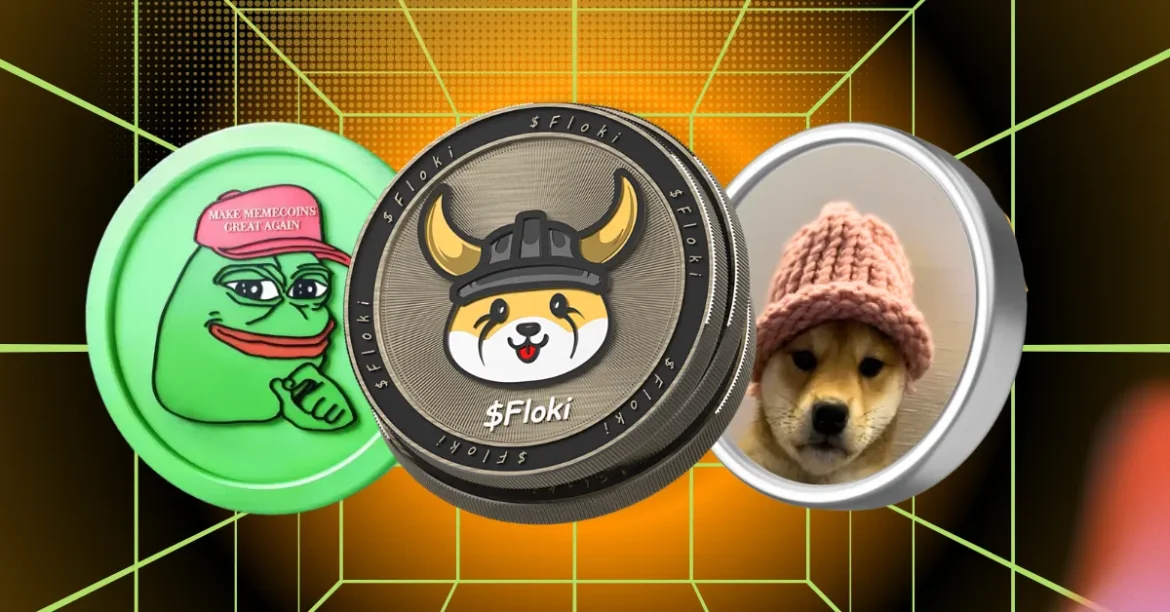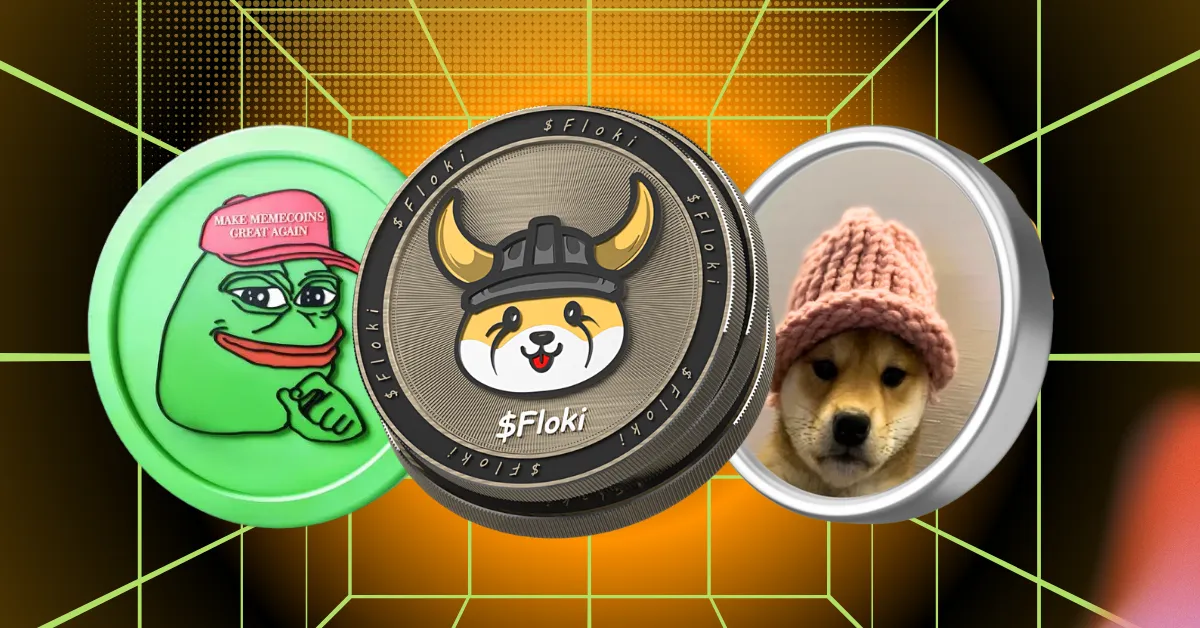The recent statement from the U.S. Securities and Exchange Commission (SEC) Division of Corporation Finance, issued on February 27, 2025, marks a pivotal moment for the cryptocurrency sector, specifically concerning the regulatory classification of “meme coins.” Meme coins—crypto assets inspired by internet memes, pop culture, or trending jokes such as $TRUMP—have captured public imagination but remained shrouded in regulatory uncertainty. This report provides a comprehensive analysis of the SEC’s stance that typical meme coins do not constitute securities under federal law, explores the implications for investors and the crypto market, and discusses ongoing regulatory challenges.
—
Understanding the SEC’s Stance on Meme Coins
The Staff of the SEC’s Division of Corporation Finance clarified that most meme coins do not qualify as securities, differentiating them from traditional investment vehicles like stocks, bonds, or investment contracts. The analysis largely hinges on the application of the Howey Test, a legal standard used to determine whether certain transactions qualify as investment contracts subject to federal securities laws. In their view, meme coins generally fail to meet the criteria because:
– Buyers of meme coins are not investing in an enterprise managed by others.
– The value of meme coins predominantly derives from market speculation, hype, and community enthusiasm rather than managerial efforts or promises of profits.
– Meme coins lack the characteristics of an investment contract or security underpinning.
By this rationale, meme coins resemble digital collectibles or tokens used primarily for entertainment rather than financial investment, thus placing them outside the SEC’s traditional regulatory umbrella.
—
What This Means for the Crypto Industry
Regulatory Relief and Market Opportunities
The SEC’s declaration relieves meme coin issuers and platforms from the burden of registering transactions as securities offerings, a process that can be costly and legally complex. This lessened regulatory scrutiny is expected to foster innovation and expand the reach of meme coins, enabling vibrant online communities to engage more freely with these digital assets. Crypto market participants have welcomed this development as a long-overdue clarification that brings much-needed certainty to the space.
Investor Protections and Risks
While the SEC’s position may stimulate the growth of meme coins, it simultaneously removes the protective shield of federal securities laws for investors. Buyers in meme coin markets will lack the safeguards typically afforded to securities investors, including mandatory disclosures, fraud prevention mechanisms, and recourse options under securities enforcement regimes. The SEC warns that fraudulent practices such as pump-and-dump schemes and deceptive marketing remain prosecutable under general anti-fraud provisions, but the absence of formal securities regulation inherently amplifies investor risk.
This stance signals to investors the necessity of performing heightened due diligence and exercising caution when engaging with meme coins, which are often subject to extreme volatility and speculative trading.
—
The Regulatory Landscape Beyond Securities Law
A significant question left open by the SEC’s announcement is identifying the regulatory authority responsible for oversight of meme coins moving forward. Since meme coins are excluded from securities regulations, alternative frameworks or agencies may need to step in to govern aspects like consumer protection, fraud prevention, and market integrity.
For instance, the Commodity Futures Trading Commission (CFTC), the Federal Trade Commission (FTC), or state-level regulators could potentially assert jurisdiction, but the precise enforcement roles remain fluid and evolving. This regulatory gap contributes to an uncertain environment for market participants and policymakers alike, underscoring the need for further clarity in digital asset governance.
—
Political and Market Context: The Case of $TRUMP and Beyond
The timing of the SEC’s statement coincides with heightened political and cultural engagement in the meme coin space. The launch of $TRUMP, a high-profile meme coin associated with former President Donald Trump, has brought additional media attention to meme coins’ unique intersection of cryptocurrency, politics, and popular culture. The SEC’s decision to exclude meme coins like $TRUMP from securities regulation reflects a broader crypto-friendly stance adopted by the current administration, highlighted by the SEC’s retreat from legal battles with major crypto exchanges like Binance.
Despite speculation over political motivations, SEC Commissioner Hester Peirce and other officials emphasize that the policy shift is a matter of regulatory interpretation rather than political alignment. Yet, this context illustrates how meme coins increasingly serve as vehicles for cultural expression and speculative investing simultaneously, complicating the regulatory calculus.
—
Potential Challenges and Criticisms
While the SEC’s clear assertion eases regulatory burdens, some critics argue that excluding meme coins from securities laws could lead to investor harm in a speculative market characterized by hype-driven bubbles and significant fraud risk. The lack of mandatory disclosures or transparency mechanisms could worsen informational asymmetries, leaving retail investors vulnerable.
Moreover, the caution expressed by dissenting voices within the SEC, as well as commentators comparing meme coins to casino gambling, highlights ongoing concerns about the sustainability and ethical considerations underlying meme coin markets. Without a coherent framework tailored to the unique nature of meme coins, there is a risk that regulatory arbitrage and market manipulation could proliferate.
—
Conclusion: Navigating a New Regulatory Horizon for Meme Coins
The SEC’s formal stance that meme coins do not constitute securities reshapes the regulatory and market landscape for these digital assets. By exempting meme coins from securities laws, the Commission has provided much-needed clarity and fostered an environment conducive to innovation and community-driven token economies. However, this shift also exposes investors to greater risk by removing traditional regulatory protections and leaving oversight responsibilities unsettled.
As the crypto ecosystem evolves, participants must weigh the freedoms enabled by this regulatory relief against the elevated risks inherent in a lightly regulated space. Enhanced investor education, rigorous self-regulation by market participants, and eventual development of alternative regulatory frameworks will be critical to ensuring the meme coin phenomenon matures into a sustainable and transparent component of the digital asset economy. In this fast-moving arena, vigilance and adaptability remain paramount for regulators, investors, and industry stakeholders alike.





